Meat the COPCAS 2023 Team
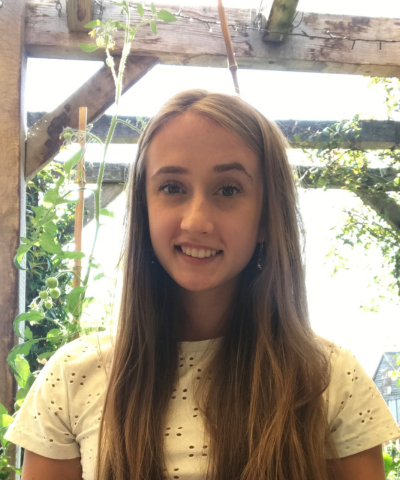
Hannah Case
I’m a PhD student in Chemistry at the University of Surrey and University of Reading and funded by FoodBioSystems DTP.
Currently, my PhD research focuses on the use of plastics in horticulture, the effects of nanoplastic pollution on horticultural crops, and determining whether lettuce can uptake nanoplastics and be a possible input of plastics into the food chain. Previously, at the Universidade da Coruña in Galicia, Spain, I conducted experiments quantifying the levels of heavy metals in soil, microplastics, algae, mussels, and even wasps’ nests.
Plastic pollution and climate policy are closely related, where reducing plastic pollution can be a key component of combating climate change. I am looking forward to developing my understanding of how pollutant monitoring can influence policymaking.
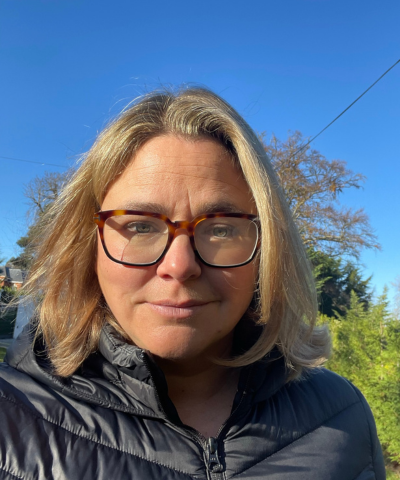
Penny Coulthard
My PhD is looking at sea ice and in particular the models used to simulate its dynamic behaviour. I am comparing the current continuum approach used in climate models against a discrete element approach which more accurately allows for the discrete nature of sea ice as floes. The outcomes of this work could include rules of thumb for when the continuum assumption breaks down and advice on potential changes to future sea ice modelling approaches.
I am looking forward to attending COPCAS and learning about how the work we do as climate scientists fits into a bigger picture, as well as understanding how science can be better communicated to a broader audience.
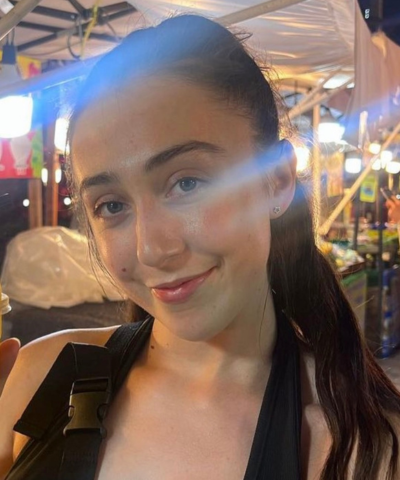
Charlie Davies
My research aims to determine how ancient human societies and climate change throughout the Holocene, shaped the biodiversity, land cover and fire regimes of Brazil’s Southern Atlantic Forest.
The Atlantic Forest is a designated global ‘Biodiversity Hotspot’, yet it’s critically endangered. A key challenge is how to best maintain future ecosystem functioning and biodiversity when facing increasing fire, drought and deforestation.
To help address this challenge, I am using a novel inter-disciplinary approach, using fossil pollen and charcoal analysis, agent-based modelling, and correlation with existing palaeoclimate and archaeological data. This can help determine the human-climate-environment relationships in the southern Atlantic Forest, and provide insights into long-term resilience, tipping points and environmental sustainability.
From participating in COPCAS, I hope to gain a better insight into how climate science is implemented into policy and how it influences decision making, particularly regarding biodiversity, sustainable land use and the impacts this has on people.

Lynn de Miranda
Lynn is a PhD student at the school of Biological Sciences working with Dr Eva Kevei, Dr Glyn Barrett, Dr. Jorge Gutierrez-Merino and Prof Glenn Gibson on the effects of micro-plastics pollution on the food biosystem and the knock-on effects on human health. Lynns is interested in the effects of environmental pollution on ecosystems and is passionate about the inclusion of these pollutants within the wider climate discussions. Lynn brings together a background in Animal Science (BSc, Canterbury Christ Church University) and Molecular Biology (MSc, Canterbury Christ Church University).

Juan Garcia Valencia
My PhD project investigates the influence of sea surface temperature patterns on monsoon variability and change. The aim is to build a physically based understanding of how monsoons respond to different SST patterns using global climate models and state-of-the-art global models with very high resolution. Tackling this research gap is important as monsoons affect the lives of over one third of the world’s population, and projections for monsoon rainfall, and its variability under different climate change scenarios, still face a lot of uncertainty. By participating in COPCAS, I hope to get an insight into the science-policy interface, and learn more about what countries are doing to manage the climate crisis.

Alex Moores
My research looks at the role of food manufacturers in creating a circular and sustainable food system. I’m using life cycle thinking to understand the environmental, economic and social impacts of convenience food products. With diets increasingly relying on convenience and processed foods, it is important that these products are designed to be nature and people positive. The food system is responsible for a third of greenhouse gasses, and I’m interested in seeing how climate diplomacy is being used to address the problem of sustainable and healthy diets.
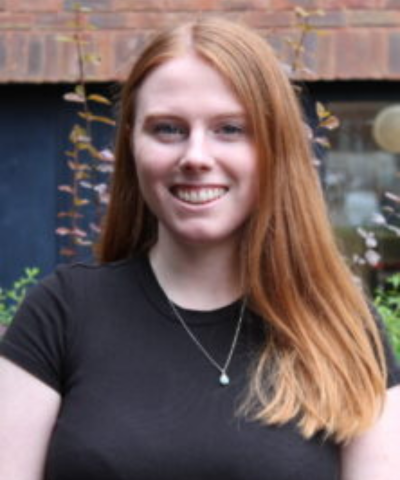
Niamh OCallaghan
I’m Niamh and I am in my first year of my PhD looking at how we can improve decadal predictions of the AMOC to better our climate predictions. I am working with the Met Office whose models form part of the CMIP group of simulations which direct and inform the science for policymakers. I am interested in science communication and how we can effectively translate our work into accessible language for the wider public. By taking part in COPCAS I am excited to learn more about how issues surrounding climate are debated and how disinformation is being combatted in the diplomatic sphere.
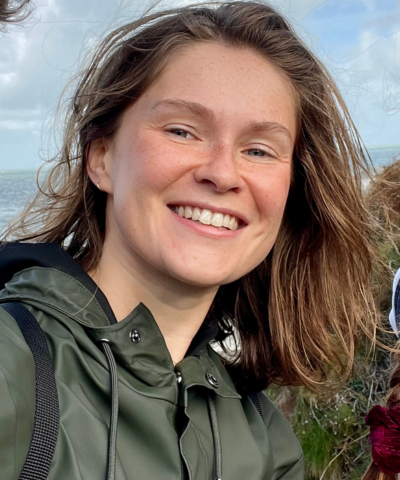
Philippa Oppenheimer
I’m in my second year of my PhD investigating global biodiversity change. Using the population abundance data behind the Living Planet Index, I am looking at how human threats are impacting populations and exploring the variables which make populations more vulnerable to human activities. Climate and biodiversity are both inherently linked, as one changes the other will too. Research has shown that as the climate changes, biodiversity, overall, is suffering. We need to understand these links so we can better predict what will happen with continued climate change and provide us with the knowledge to mitigate these changes as best we can. I’m looking forward to gaining a better understanding of how an international conference of this scale works, as well as an insight into how the links between biodiversity change and climate change are recognised on the world stage.
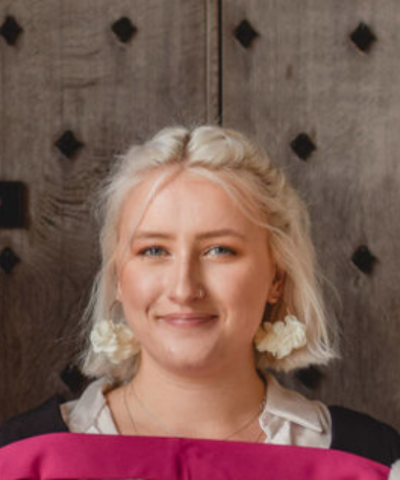
Megan Sherlock
I am interested in the study of ecology, specifically the provisioning of ecosystem services by plants. My project at the University of Reading will study modelling the impact of planting choices and management in domestic gardens on the delivery of subsequent ecosystem services. This research will help organisations, such as the Royal Horticultural Society, to recommend the planting of certain plants in their members’ domestic gardens to improve air quality, water retention, and climate regulation amongst other services. From the COPCAS workshops, I hope to gain some insight and experience in writing for different audiences, and how to communicate scientific findings to a wider public audience.
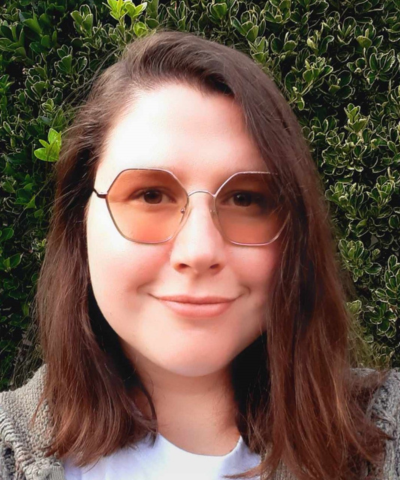
Emmeline Smith
I am a PhD student of Crop Science and Sustainable Land Management at Reading University. The focus of my studies is to repair the agri-environmental relationship between farms and pollinators in the U.K. My goal is to create an agri-ecosystem where bee populations are improved through the creation of habitat and foraging grounds which also benefits farms through increased pollination.
I am thrilled to be a part of COP CAS 2023 as climate change is one of the biggest threats to pollinators around the world. I am interested in the development of negotiations on nature and sustainable land use along with the opportunity to come together as a team to report on the events at COPS28.

Fiona Spuler
Fiona recently started her PhD in the Department of Meteorology. She is working on hybrid modelling approaches for improving seasonal forecasts based on a causal understanding of relevant teleconnections und the supervision of Dr. Marlene Kretschmer and Prof. Ted Shepherd. Previously, Fiona worked on climate finance for mitigation and adaptation at the Coalition for Climate Resilient Investing and the 2° Investing Initiative. At the COP climate action studio, Fiona is particularly interested in progress made on finance commitments for adaptation as well as loss and damage. She also looks forward to conducting interviews with delegates from different countries and hear their view on key contributions that the scientific community can make to progress in the policy space. Fiona graduated from the University of Edinburgh in Mathematical Physics and received a Master’s in Environmental Change and Management from the University of Oxford.
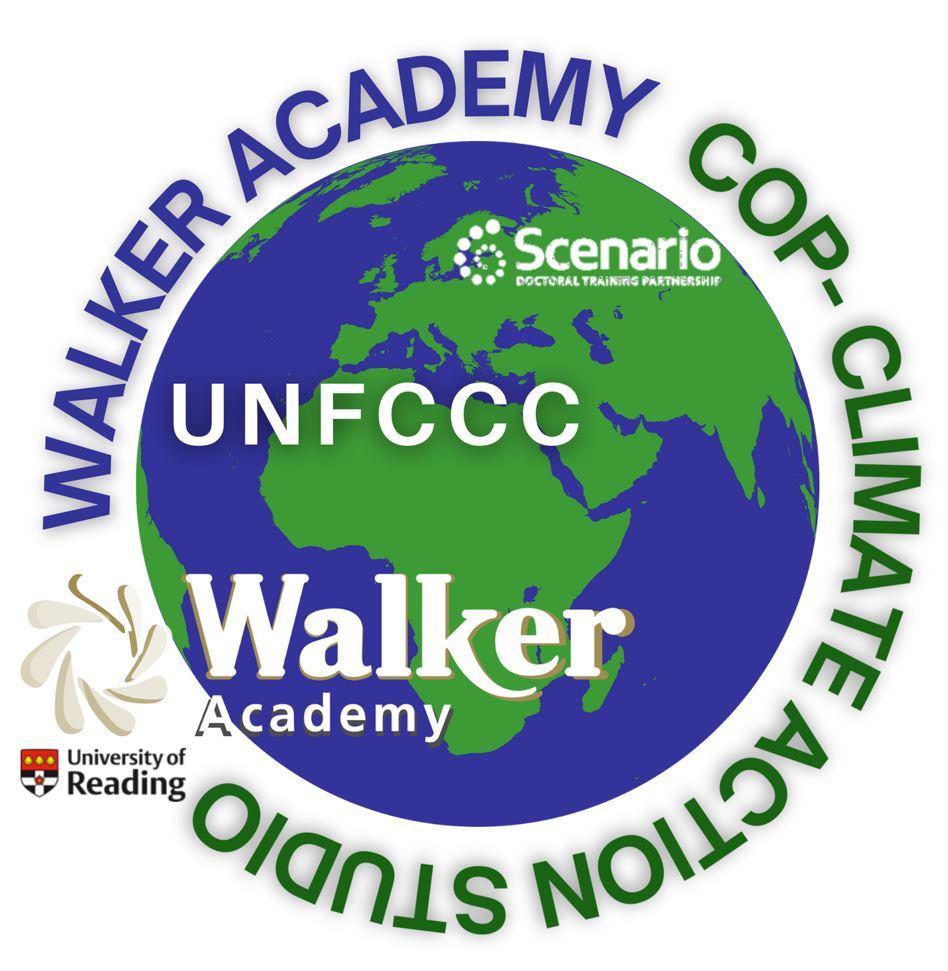
Matthew Paskin
Position
No biography provided.

Rhiannon Biddiscombe
Position
No biography provided.

